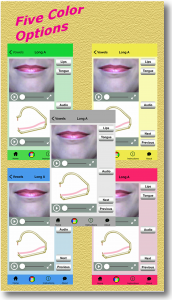
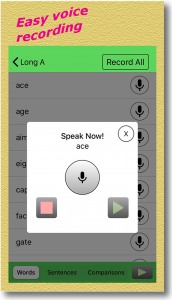
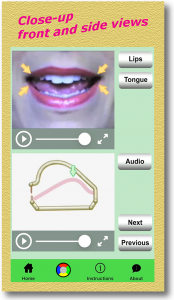
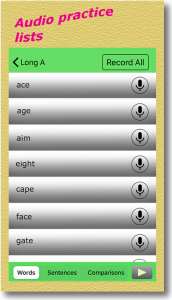
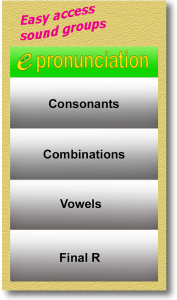
Pronunciation FAQs
What’s the best way to study pronunciation?
The best way to study pronunciation is NOT to study it. The best way is to PRACTICE it. Listening to native speakers and trying to copy them is one way to do this; using a mirror while doing this is also very useful. Also, making a recording of your own voice and then listening to a native speaker saying the same thing will help develop both speaking and listening skills.
Pronunciation is different from other parts of learning a language. It is a physical skill for which you are re-training your mouth to do things in a new way, to make sounds you may never have made before. The tongue and lips have muscles, and like any other muscles, they need a lot of practice, over and over again, to develop muscle memory, like learning how to swing a tennis racquet or throw a ball.
How do I develop perfect pronunciation?
There is no “perfect” English pronunciation. Pronunciation varies from country to country, region to region and city to city, as well as other factors. What’s important is if the people you are speaking to can understand what you are saying. If your goal is to sound like a native speaker, a good way to start is to choose the native speakers you want sound like.
What’s the best accent for English pronunciation?
As there is no “perfect” English pronunciation, there is no best accent. Some English language schools prefer to have British teachers while other schools prefer American teachers, and yet others have no preference, hiring anyone who is a native speaker, which gives the students access to various accents and dialects. Some schools even have non-native speakers who are fluent but still speak with the accent of their native language. The important thing, as mentioned above, is to be understood by the listener.
for iPhone
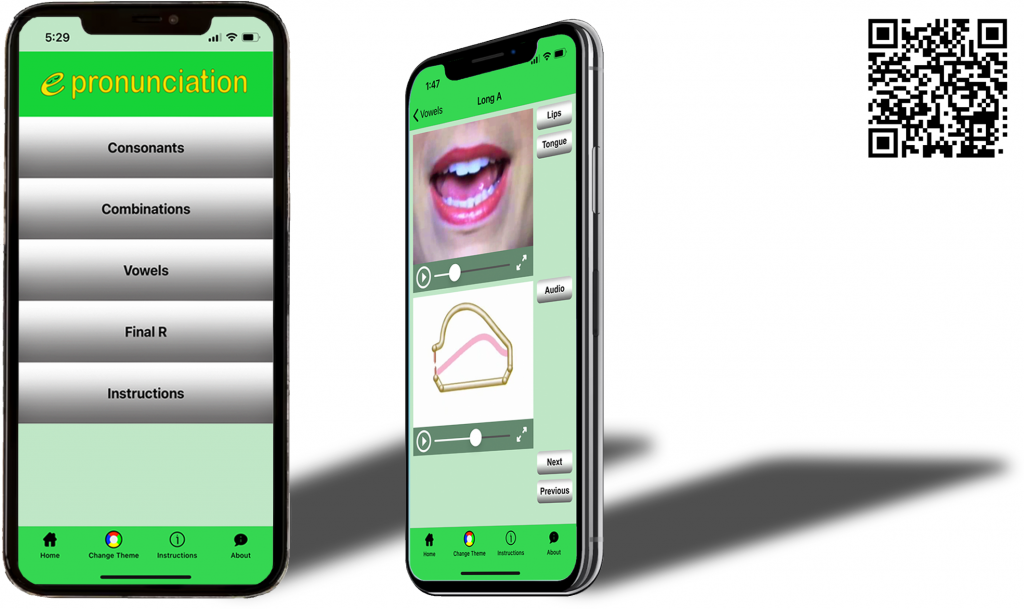
“e-pronunciation” App for iPhone: Produced by Kevin Litton Search “e-nunciation” on App Store
